Online Store
Shipping in USA: $4.00 first title plus $1.00 for each additional title.
Make checks payable to Christopher Mann.
Libraries need not prepay. Email us a purchase order number.
Christopher Mann, 443 NW 30th Avenue, Gainesville, FL 32609.
Telephone: 561-398-6292
E-mail: wolandusa@yahoo.com
The Master and Marmeladov: A Gothic Novel About Political Correctness and Other Virtues
The amazing Woland comes to a small college in Hogtown, U.S.A., where the faculty must compete for a pay raise in an extravagant popularity contest. Yuri Marmeladov, an eccentric old Russian émigré, claims that he has made a major discovery in the works of Dostoevsky. His claim is dismissed as madness. Woland’s arrival unleashes a chain of cataclysmic events. The Master and Marmeladov resurrects the satirical spirit of Mikhail Bulgakov and the surreal worlds of Gogol and Dostoevsky. ISBN 0-936041-11-0 [paper]
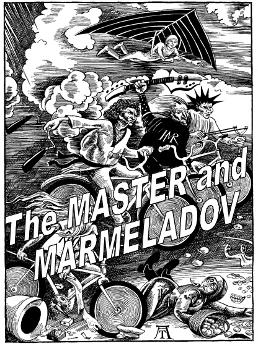
Price $14.95
Iu. I. Marmeladov Tainyi kod Dostoevskogo
This Academy of Sciences edition was printed in only 1000 hardbound copies (St. Petersburg, 1992). It traces the leitmotif of Elijah the Prophet throughout the major fiction of Dostoevsky, with three chapters devoted to Bunin, Goncharov and Ostrovskii. This is the biggest discovery of the twentieth century in the study of Dostoevsky. Among the book's many new findings: Raskolnikov's confession to Il'ya Petrovich is timed to coincide with the holiday of Elijah the Prophet; Il'ya Murin, the gruff old man in The Landlady, is an emanation of Elijah the Prophet; the thunderstorms in The Eternal Husband, The Humiliated and Injured, and The Idiot are drawn with an eye to the thunder of Elijah the Prophet; Dmitry Karamazov's surrender at Mokroye during a rainstorm is associated with Elijah as enforcer of divine justice; The Village of Stepanchikovo and Its Inhabitants is the primary work in which Dostoevsky's Elijah theme comes out into the open, when thunder strikes at the story's climax and all cry out, "Elijah the Prophet!" The discoveries presented in this book will force scholars to reevaluate Dostoevsky's Christian themes, especially in the early fiction of the 1840's. ISBN 5-8460-0005-3 [hard cover] $15.95
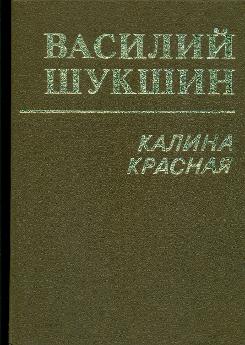
Price $15.95
Vasilii Shukshin, Kalina krasnaia: the only edition containing the actual filmscript (the actual text of the movie, created by cutting up the kinopovest' and piecing it together with penned alterations). Only 1000 copies printed. A stressed reader designed to assist students in viewing the film version of Kalina krasnaia. This edition also includes the kinopovest' and a detailed commentary on both the script and the kinopovest'. An introductory essay explains religious and folkloric features of the story, including the symbolic link between Yegor Prokudin and St. George. Hard cover, ISBN 5-7921-0010-1 $14.95
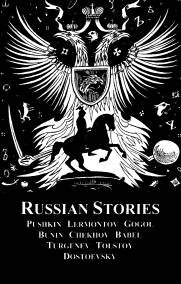
Solomon Gromyko, ed., Russian Stories: a new anthology of Russian classics in English translation: Queen of Spades, “Taman,” The Nose, First Love, Dream of a Ridiculous Man, Death of Ivan Ilyich, “Vanka” and “Sleep…” (Chekhov), Babel’s “Pan Apolek” and “The King,” The Gentleman from San Francisco. Commentary by Solomon Gromyko with bibliographical references. ISBN 0-938618-00-8 [paper] $15.95
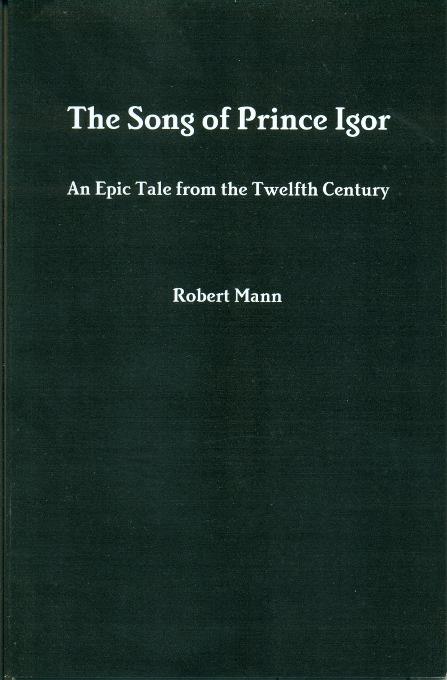
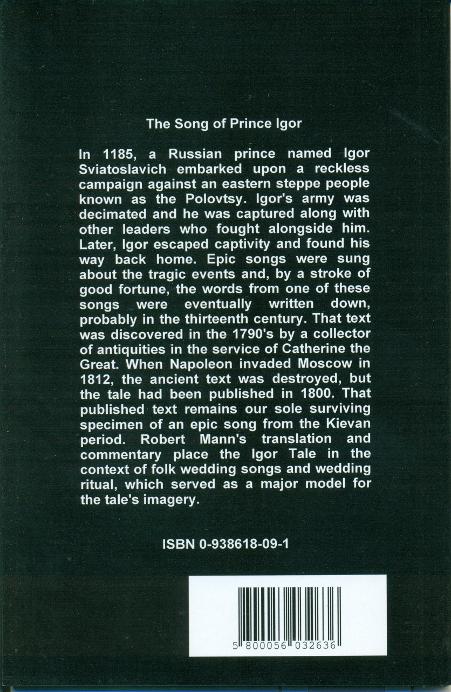
The Song of Prince Igor: an Epic Tale from the Twelfth Century. English translation and detailed commentary by Robert Mann. paper $11.95
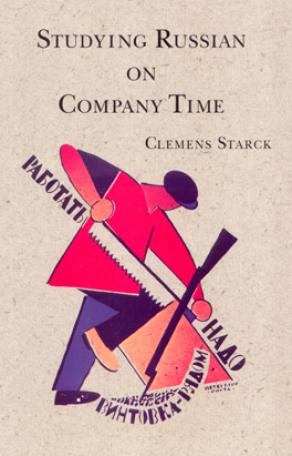
Clemens Starck, Studying Russian on Company Time: a poetry anthology, mostly in English, by the gifted West Coast poet, author of Journeyman’s Wages (awarded the Oregon Book Prize). Clem Starck’s poetry is replete with humor, irony and creative twists. Many are centered around Russian themes. This is a great holiday gift for Slavists. ISBN 1-878851-13-6 [paper] $8.95
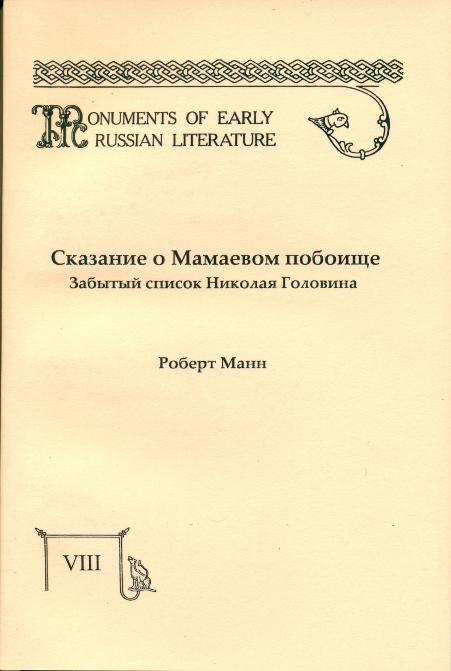
Monuments of Early Russian Literature, volume VIII:
Skazanie o Mamaevom poboishche. Zabytyi spisok Nikolaia Golovina, Robert Mann ed. (Berkeley Slavic Specialties www.berkslav.com , 2010), 167pp. ISBN 978 1-57201-086-4
In 1835, a rare copy of the Skazanie o Mamaevom poboishche was published by Nikolai Golovin, a friend and distant relative of Pushkin. Golovin's edition was subsequently forgotten, overlooked and ignored by scholars for nearly two centuries. Only a few copies of Golovin's little booklet now survive. Studying Golovin's text in 2005, Robert Mann concluded that the rare version comes from the first redaction of the Skazanie -- a redaction that scholars have posited but could never find. Golovin's text of the Skazanie sheds much light on the history and interconnections of the Kulikovo tales, and it presents at least five new parallels to formulations found in the Igor Tale (Slovo o polku Igoreve) -- including important parallels to the ending of the Slovo. Mann argues that these shared features point to an oral mode of composition and transmission for both the Igor Tale and Kulikovo tales that served as sources for the Zadonshchina. Needless to say, Golovin's text is of great importance in the unending debate over the authenticity of the Igor Tale. Volume VIII of Monuments contains a complete transcript of Golovin's Skazanie as well as a reprint of the version published by Ivan Snegirev in 1838 (from a later redaction that was somewhat erroneously named "Basic"). In an essay that accompanies the two Skazanietexts, Mann addresses questions pertaining to the authenticity of Golovin's copy and its relationship to other known redactions of the tale as well as to the Slovo o polku Igoreve.
Monuments of Early Russian Literature, т. VIII:
Сказание о Мамаевом побоище. Забытый список Николая Головина.Robert Mann ред. (Berkeley Slavic Specialties, 2010), 167 С. ISBN 978 1-57201-086-4
В 1835 г. редкий список «Сказания о Мамаевом побоище» был издан Н.Г. Головиным, другом и дальним родственником А.С. Пушкина. Впоследствии издание Головина на протяжении 170 лет не привлекало внимания исследователей, которые все-таки предполагали, что в основе известных редакций «Сказания» лежит какая-то ранняя, видимо пропавшая, редакция. Изучая издание Головина в 2005 г., Роберт Манн пришел к выводу, что список Головина принадлежит как раз к ранней редакции, которая предшествовала другим редакциям, в том числе так называемой «Основной». В уникальном тексте Головина Манн указывает на необыкновенные отголоски песни о полку Игореве, которые бросают свет на вопрос об устной передаче песен о походе Игоря, о битве на Калке, и о Куликовской битве.
F. M. Dostoevsky
The Landlady
A new translation with new commentary based on the recent discoveries of Yuri Marmeladov. One of Dostoevsky’s most fascinating works, The Landlady was neglected for many years by literary scholars who could not figure out what the tale was about! Marmeladov shows that the enigmatic Ilya Murin is an emanation of the fiery prophet Elijah. (The Birchbark Press, Karacharovo, 2002). ISBN 0-938618-01-6 [paper]
Price $12.95
Jay MacPherson et al., The Brothers Karamazov… an Unorthodox Guide: a new commentary on The Brothers Karamazov incorporating the latest scholarship, including the folkloric Elijah leitmotif recently discovered by Yuri Marmeladov. Among the many features that are discussed are the dying boy Ilyusha, the rain shower at Mokroye, the priest from Ilyinskoye, Sukhoi Posyolok, "Wet and Dry Elijah" in folk belief. ISBN 0-93618-02-4 [paper]
Price $15.95
Robert MannThe Igor Tales and Their Folkloric Background
Mann shows that the Igor Tale was an oral epic song that was written down in the 13th century – about 25 years later than scholars have generally believed. He introduces a wealth of new parallels in various sources, including the Skazanie o Mamaevom poboishche and folk incantations, and he offers a new solution to the puzzles presented by the opening lines of the Igor Tale. $25.00

Ivan Ivanovich Bomzh, Tiazhelo-zvonkoe skakanie. Zapiski Bomzha (o Mastere i Margarite): reprint of the Russian edition, with remarkable illustrations by St. Petersburg artist Aleksandr Tiumerov. Amazing graphic method of highlighting nuances of Bulgakov's craft. It turns out that Bulgakov's Ivan Bezdomnyi (Ivan Homeless) was not simply a fictional character. This tale recounts the adventures of his son, Ivan Ivanovich Bomzh, as he attempts to weave his way through the corridors of the Soviet academic bureaucracy. A satirical commentary on the apparatchiki of science and learning, this zany tale and its fantastic drawings show us how Bulgakov refashioned Pushkin's image of the Bronze Horseman to create an apocalyptic leitmotif running through The Master and Margarita. ISBN 0-938618-07-5 [paper, large format] $21.95
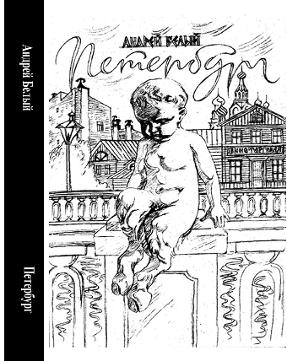
Andrei Belyi, Peterburg, first reprint of the 1922 Berlin edition with extensive new commentary, illustrations. The 1922 edition can be considered the canonical text of the novel, yet it has never been reprinted until now. It includes Christian and other mystical motifs that were removed for the Soviet editions. Amazing graphics by Alexander Tiumerov based on Petersburg statuary and motifs from classical Greek and Roman art. New commentary on Nietzschean themes and formerly overlooked mythological motifs. ISBN 0-938618-19-9. Hardbound edition: $48.95 Paper: $28.95
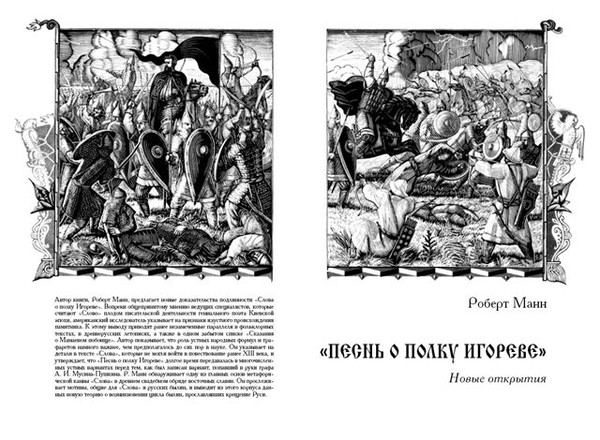
Robert Mann, Pesn’ o polku Igoreve: novye otkrytiia. This monograph presents a series of discoveries that prove the authenticity of the twelfth-century epic known in the West as the Igor Tale. An amazingly colorful and dynamic portrayal of a failed military campaign undertaken in 1185, the Igor Tale is the only surviving work of its kind from the early Kievan Period. A number of historians in both Russia and the West have believed that it is a fake that was concocted sometime in the eighteenth century. Robert Mann has uncovered important new parallels to the Igor Tale text in a 15th-century tale that was published as a tiny 32-page book in 1835. Subsequently it lay on the shelves of the Russian National Library, ignored or overlooked by scholars for 170 years. The 15th-century text helps to show that the Igor Tale circulated orally for decades before it was eventually written down. The new material not only proves the hotly debated authenticity of the Igor Tale as a genuine Kievan work - it also shows that, like the Iliad and the Odyssey, the Igor Tale was most likely performed as an epic song. Mann's book, Pesn' o polku Igoreve (The Song of Igor's Campaign) should open a whole new chapter in the study of the Old Russian epic tradition. Publisher: Iazyki Slavianskikh Kul’tur, Moscow, 2009, 96 pp., ISBN 978-9551-0323-5 [paper] $9.95
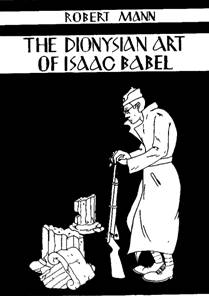
R. Mann, The Dionysian Art of Isaac Babel: a recent study of Babel’s use of classical mythology and Nietzsche’s theory of Apollo and Dionysus. In contrast to Andrei Bely, who views the Christian faith as a means of rescue from the violent cycle of Apollo and Dionysus, Babel incorporates Nietzsche's worldview enthusiastically. ISBN 0-936041-08-0 [paper] $15.95
Piatoe koleso: a video program about Russian folk and religious beliefs reflected in the fiction of Dostoevsky. Focusses on the recent discoveries of Yuri Marmeladov and the reopening of the restored Church of Elijah the Prophet in Leningrad. Features Natalya Antonova and Yuri Marmeladov. Aired by Leningrad Television in 1991. NTSC (American system) $40.00
Telekur’er: videotaped productions by the popular Leningrad TV journal featuring Natasha Antonova and music by Sergei Samoilov. Zany, creative reports from the last years of Perestroika, a boom period in Russian TV journalism. NTSC: $40.00
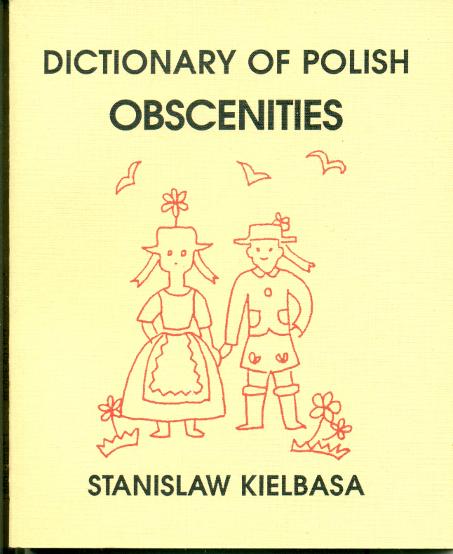
Stanislaw Kielbasa's famous Dictionary of Polish Obscenities, third edition. Published by Scythian Books, Oakland, CA. 93 pp. $6.95
An ideal gift for the linguist who has everything...
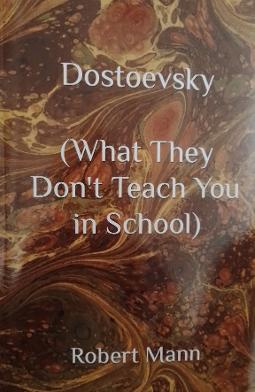
DOSTOEVSKY: WHAT THEY DON'T TEACH YOU IN SCHOOL
by Robert Mann
ISBN 9798375056876
Dostoevsky was obsessed with the problem of Russia's national identity -- the "Russian soul." Convinced of the exceptional nature of Russian faith, he sought a feature of Russian lore that might serve as a reflection, or emblem, of a specifically Russian spirituality. Early in his writing career, he found that emblem in Elijah the Prophet as he was perceived in Russian folk belief. A figure of Divine Retribution, Elijah was viewed in Russia as lord of thunder, lightning and rain -- functions that he inherited from the pagan Slavic thunder god Perun. He becomes a spiritual symbol throughout the fiction of Dostoevsky. Raskolnikov confesses to the fiery assistant police superintendent Elijah Petrovich on Elijah's Day, after the thunderstorm that was always anticipated on that holiday. Yegor Ilyich Rostanev ejects the mean backbiter Foma Opiskin on the holiday of Elijah during the holiday storm. Dmitrii Karamazov is arrested in a village called "Wet Town" during a rainstorm. The mysterious Ilya Murin, surrounded by thunder and lightning imagery, is an earthly emanation of the fierce Elijah. Andrei Versilov is an apostle of Elijah who prophesies the defeat of the European Antichrist by a great spiritual idea emanating from Russia. This book traces the Elijah theme throughout Dostoevsky's fiction. Elijah is a central feature of the Dostoevsky's writing that has been overlooked by scholars.